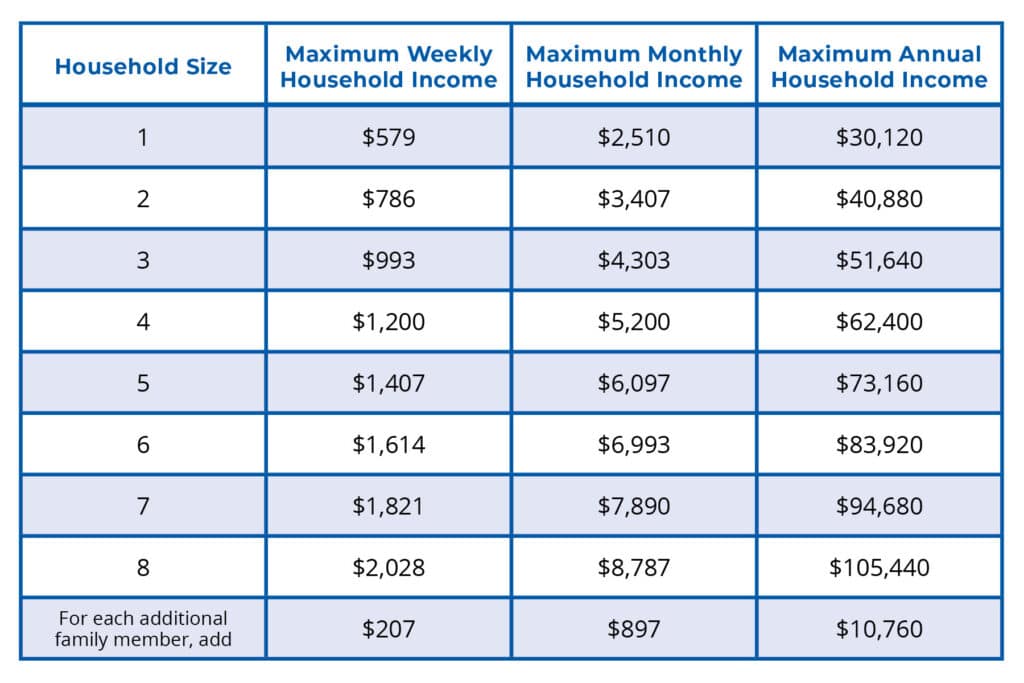Legacy Giving
Make a difference for generations to come.
Integrated Family Community Services has been partnering with the community to alleviate hunger since 1964, and would be grateful for your support in carrying this mission to the future. We invite you to include IFCS in your planned giving to help sustain the resources our community needs to thrive. Thank you for your consideration.
Contact Todd for a Conversation
Todd McPherson has been IFCS’ Development Director since 2013, and communicating with dedicated members of the community makes his day. To begin a conversation about making IFCS a part of your legacy, complete the Contact Form and Todd will get back to you soon.

Make IFCS a Part of Your Will or Estate
Did you know that 72% of all Americans support the work of charities each year, but only 5.7% remember nonprofit organizations in their will or estate plans? Most people say they were never asked, or didn’t think about it.
Everyone can make an impact, regardless of income, and each gift furthers IFCS’ mission to serve our neighbors for generations to come. Will you help us look to the next fifty years and prepare for continued success in alleviating hunger for the communities of Colorado?

The Power of Planned Giving
As someone who appreciates the year-round services and life sustaining programs IFCS provides, you have the power to strengthen and protect them – today, tomorrow and beyond. Even a modest sized gift can make an enormous difference.
All the material things you’ve worked hard for — personal property and assets like retirement funds and insurance policies — these are the tools of charitable gift planning. They allow you to express your beliefs and values. Planned gifts can also provide you with valuable tax benefits and even an additional source of income for life.
It’s easy to designate IFCS as a recipient of your planned gift. Read below for a few examples of planned giving that can make an impact, regardless of your income. Each gift furthers IFCS’ mission to serve our neighbors and alleviate hunger for generations to come.
Ways to Leave a Legacy
- Give Cash and Assets that can be Turned into Cash
- Give In-kind or Non-cash Donations
- Give Appreciated Stock or Assets
- Bequeath Cash, Retirement Holdings, Assets, and Property
- Give Directly from your IRA to Maintain Mandatory Distributions
- Give a Life Insurance Policy
- Create a Charitable Remainder Trust
Simply call us at 303-789-0501 – ext. 111, or 303-725-9894 to speak confidentially with Todd McPherson, Director of Development, or email – toddm@ifcs.org.
Do you have an idea?
To contribute in another way, contact our Development Director.


